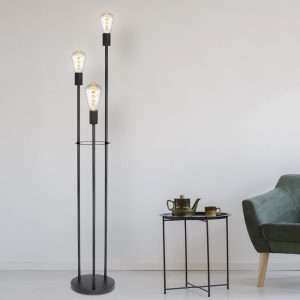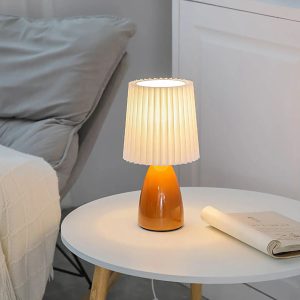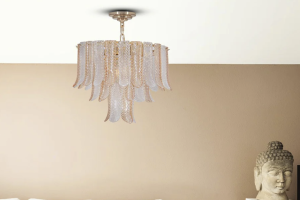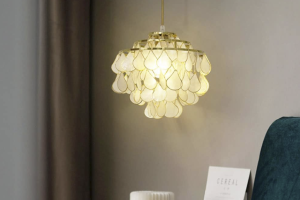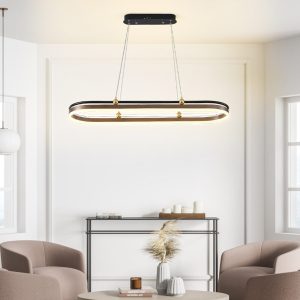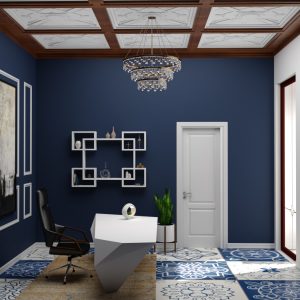Philippe Starck is a French designer known for his minimalist and innovative designs. He has designed everything from furniture and interiors to hotels, yachts, and even a toothbrush. His philosophy is to create products that are both useful and poetic, and his designs often challenge traditional conventions.
Early Life and Career
Starck was born in 1949 in Paris, France. He studied interior design at the École Nissim de Camondo in Paris before beginning his career as a designer. In his early years, Starck designed nightclubs and other entertainment venues in Paris, which helped to establish his reputation as a designer.
One of his early successes was the Café Costes in Paris, which he designed in 1984. The café’s industrial-style interior was a departure from traditional café designs, and it helped to establish Starck as a leading design innovator.
Famous Designs
Starck has designed a number of products that have become iconic in the design world. One of his most famous designs is the Louis Ghost Chair, which he designed for Kartell in 2002. The chair is made entirely of polycarbonate and has a ghostly, translucent appearance.
Starck has also designed a number of hotels, including the Mondrian in Los Angeles and the Hudson in New York. His hotel designs often incorporate his signature minimalist aesthetic and playful touches, such as the oversized rubber duck that graces the pool of the Mondrian hotel.
Design Philosophy
Starck’s design philosophy is based on creating products that are both useful and poetic. He believes that good design should be accessible to everyone, and he has worked to create affordable products that are both functional and beautiful.
He is also a proponent of sustainable design, and he has worked on a number of projects that incorporate eco-friendly materials and technologies. His “good goods” line of products includes sustainable and socially responsible products, such as a solar-powered lamp made from recycled materials.
Legacy
Philippe Starck’s influence on design can be seen in products and spaces around the world. His minimalist aesthetic and playful touches have become hallmarks of modern design. He has won numerous awards and accolades for his work, including the Design Plus Award and the Lifetime Achievement Award from the London Design Museum.
Starck’s legacy is not just in the products he has designed, but also in the inspiration and influence he has had on other designers. His philosophy of creating products that are both useful and poetic continues to inspire designers around the world to push the boundaries of design and create products that are both beautiful and functional.
Conclusion
Philippe Starck’s minimalist aesthetic and innovative designs have made him one of the most influential designers of the 20th century. His legacy can be seen in the products and spaces he has designed, as well as in the inspirati

